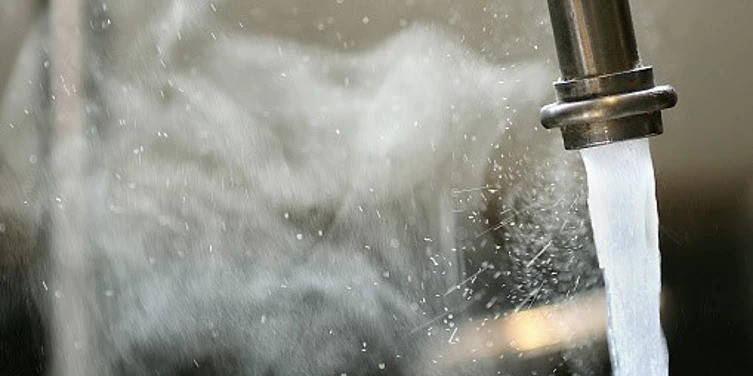Tank Vs Tankless

Tank water heaters and tankless water heaters are two different types of water heating systems, each with its own advantages and considerations. Here's a comparison between the two:
1. Storage Capacity: Tank water heaters store and heat a specific volume of water in a tank, typically ranging from 20 to 80 gallons. On the other hand, tankless water heaters heat water on-demand without storing it, providing an endless supply of hot water assuming you are not using more than say about 4 gal a minute,
2. Space Requirement: Tank water heaters are larger and require floor space for installation. They need a dedicated storage area or a utility room. In contrast, tankless water heaters are compact and mounted on a wall, saving valuable space. However Tankless do need a wall, so having them in the middle of an unfinished basement is not an option.
3. Electricity - A traditional atmospheric vent water heater doesn't use any electricity. So there is often not a plug in nearby. All Tankless need a plug, even gas powered tankless water heaters, so this can add to the expense. No extension cords should be used, so having an outlet within 5 feet is important.
4. Energy Efficiency: Tankless water heaters actually use way more gas, they just don’t run 24/7. So they are generally more energy-efficient than tank water heaters. Tankless units heat water only when needed, reducing standby heat loss. This can result in lower energy bills over time. Tank water heaters continuously heat the stored water, leading to standby heat loss and potentially higher energy consumption. The exception to this are tank water heaters that use a heat pump. I will look to write a blog about these in the future.
5. Hot Water Capacity: Tank water heaters provide a large volume of hot water continuously until the tank is depleted. Tankless water heaters, while they provide endless hot water, have a limited flow rate. (around here that is about 4 gal a min) Multiple units or a larger capacity unit may be required for simultaneous hot water usage in multiple locations.
6. Initial Cost: Tank water heaters generally have a lower upfront cost compared to tankless water heaters. The installation costs are typically lower as well. However, long-term energy savings can offset the higher initial investment of tankless units. With Longmont Water Heaters, a 50 gal gas tank is about $2,200 for a swap and going from a tank to tankless is at least $5500. That is a LOT of natural gas to save and even if the tankless lasts 20 years you would be hard pressed to save that much natural gas.
7. Lifespan and Maintenance: Tankless water heaters tend to have a longer lifespan than tank water heaters. Tankless units can last up to 20 years or more with annual maintenance, while tank units typically last around 10-15 years with annual maintenance. Tankless does have a lot more moving parts like fans, pumps, and a heat exchanger, so there may be part replacements over the life of the unit. They also are more sensitive and strict to the annual maintenance you will need to do.
8. Response Time: Tank water heaters provide hot water immediately, as it is stored and ready for use. In contrast, tankless water heaters may have a slight delay in delivering hot water because they need to heat the water as it flows through the system. Usually tankless are about 5 seconds slower to get hot water to the fixtures.
Ultimately, the choice between a tank and tankless water heater depends on your specific needs, budget, and preferences. If you require a large volume of hot water and have the space for a tank, a tank water heater might be suitable. If you value energy efficiency, space savings, and an endless supply of hot water, a tankless water heater could be the better option. But if you can afford the leap in price, tankless water heaters are a great choice. Call me and we can chat about what will work best for you and your household.